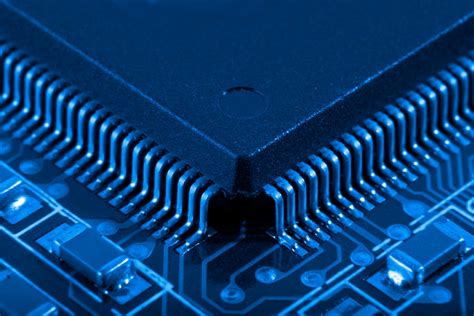Diversity
Introduction
The current makeup of computer and mathematics jobs among these diverse groups are:
- 25% women
- 8% African Americans
- 7.5% Hispanic or Latino people
As you may have noticed, the history of modern computer science is dominated by male scientists and mathematicians primarily from western countries. While this was likely driven by social norms and educational barriers from the mid 20th century, there are purposeful efforts to changes those norms, and to encourage gender, ethnicity, and class diversity in technology fields.
Black Girls Code (BGC)
A non-profit organization founded in 2011 in California. Their goal is create opportunities for young women of color to experience and participate in computer programming and technology equity in the tech-driven world. Their programs expose participants to technologies such as robotics, AI, Web and Mobile design, game and virtual reality systems, and blockchain.
As of spring 2022, there are 14 BGC chapters in the US and 1 in Johannesburg, South Africa. Since 2011 BGC has provided opportunities an event for more than 30,000 young women of color.
Coalition to Diversify Computing (CDC)
A joint project by Association for Computing Machinery (ACM) and Computing Research Association (CRA). The CDC supports various initiatives to support minorities, women, and under-represented groups in technology fields. The support education, empowerment, and training to improve the diversity in computer-related fields.
Association for Computing Machinery (ACM)
US-based non-profit society for computing leads international computing science and education. Their diversity and inclusion program encourage participation regardless of age, race, gender, or sexual orientation. The program focuses on
- ACM-W focused on international support for women in the computing field
- ACM Ethics and Policy against harassment
- Celebration of Diversity networking for under-represented groups
- CSTA teaching association to focus on K-12 support of future computing professionals
